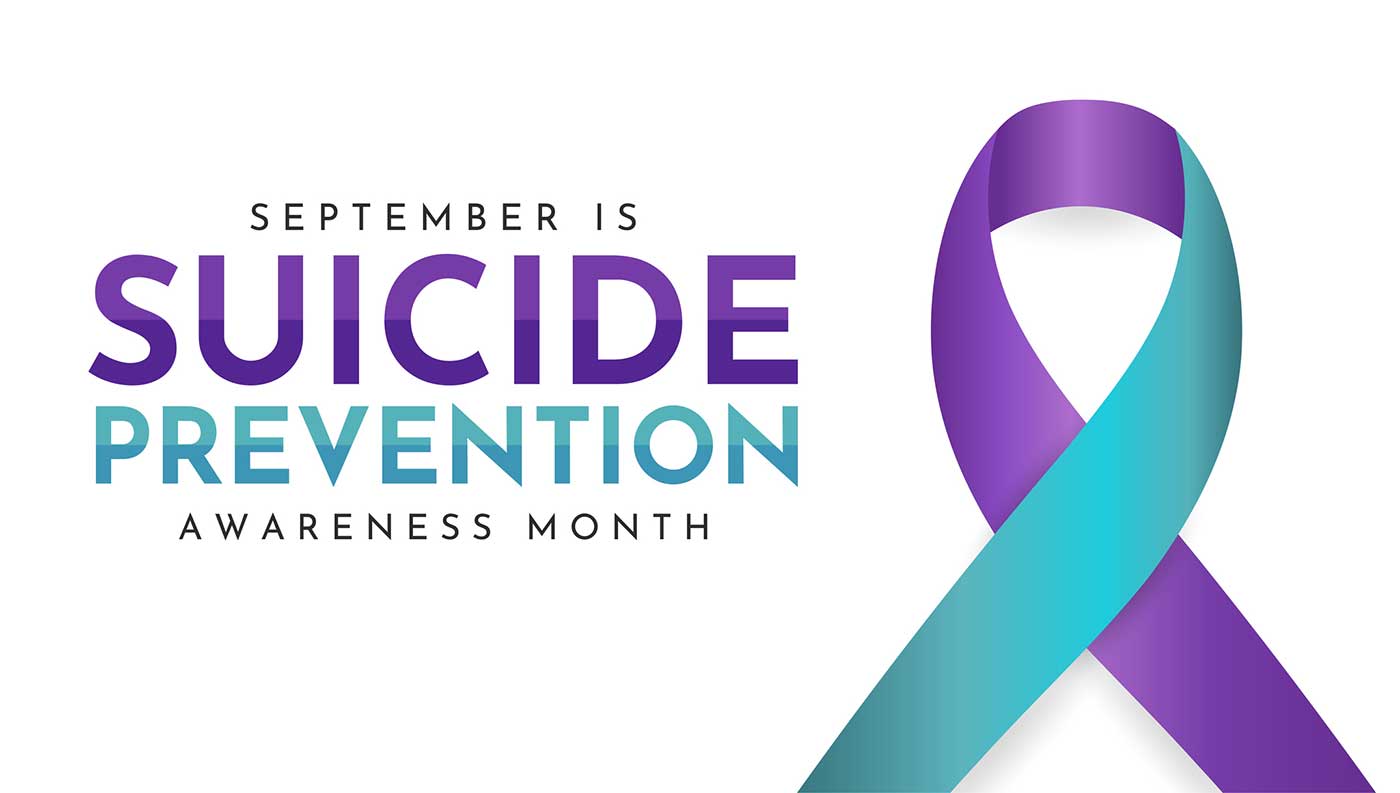Protecting Emergency Medicine Physician Mental Health
It’s no secret that physicians in all specialties are experiencing record levels of burnout. Medscape’s 2023 Physician Burnout and Depression Report shows 53% of respondents said they were burned out—compared to 42% in 2018. At 65%, emergency medicine physicians have the highest burnout rate of all specialties. Medscape’s 2023 report on emergency department physician lifestyles showed a concerning decrease in ED physician happiness outside of work—87% of those surveyed said they were “happy” or “very happy” pre-pandemic compared to only 55% last year.
As emergency department physicians, what can we do to effectively manage the built-in stress of our profession? We all know that a healthy diet, regular exercise, and getting enough sleep are important. But what about the often overwhelming daily work stress? Believe it or not, building in small, brief moments of self-care during your shifts can make a significant difference in reducing stress levels. And stress reduction can lead to better patient outcomes as it can increase physician focus and lead to better decision-making.
Here are 7 stress reduction exercises to try out:
- Brief Mindfulness Exercises: Brief mindfulness exercises, such as taking 60 seconds to focus on your breath or engage in a short body scan can make a big difference. These exercises can help center the mind and reduce stress levels even during a hectic shift.
- Stretching and Movement: Taking a moment to stretch or engage in simple movement exercises can help alleviate physical tension and promote relaxation. Try a few quick stretches at your workstation or take a brief walk around the department during downtime.
- Deep Breathing: Deep breathing exercises can be done discreetly and quickly, making them ideal for managing stress on the job. Take a few moments to inhale deeply through the nose, hold for a few seconds, and exhale slowly through the mouth.
- Positive Affirmations: Positive affirmations can help shift mindset and reduce stress levels. Try repeating affirmations such as “I am making a difference in patients’ lives” or “I am capable and resilient” silently to boost your confidence and morale.
- Brief Breaks: Even short breaks of just a few minutes can provide much-needed relief during a hectic shift. Step outside for some fresh air, engage in a brief conversation with a colleague, or simply sit quietly and decompress.
- Visualization: Visualization techniques involve imagining oneself in a peaceful and calming environment. Briefly close your eyes and visualize yourself in a tranquil setting, such as a beach or forest, allowing your mind to escape momentarily from the chaos of the emergency department.
- Gratitude Practice: Taking a moment to reflect on things to be grateful for can help shift focus away from stressors. You can try mentally listing three things you are thankful for, whether it’s the support of colleagues, the opportunity to make a difference, or personal strengths and accomplishments.
Next Steps
These stress management techniques can be implemented quickly and quietly, making them accessible even during the busiest of times in the ER. Not all of these will work for every person so you may need to try a few before you land on one that works for you. The good news is that incorporating one or more of these strategies into your daily routine can help you to more effectively manage stress and improve your well-being at work and at home.
We want to hear from you! What are effective ways you manage stress in the emergency department?





Responses